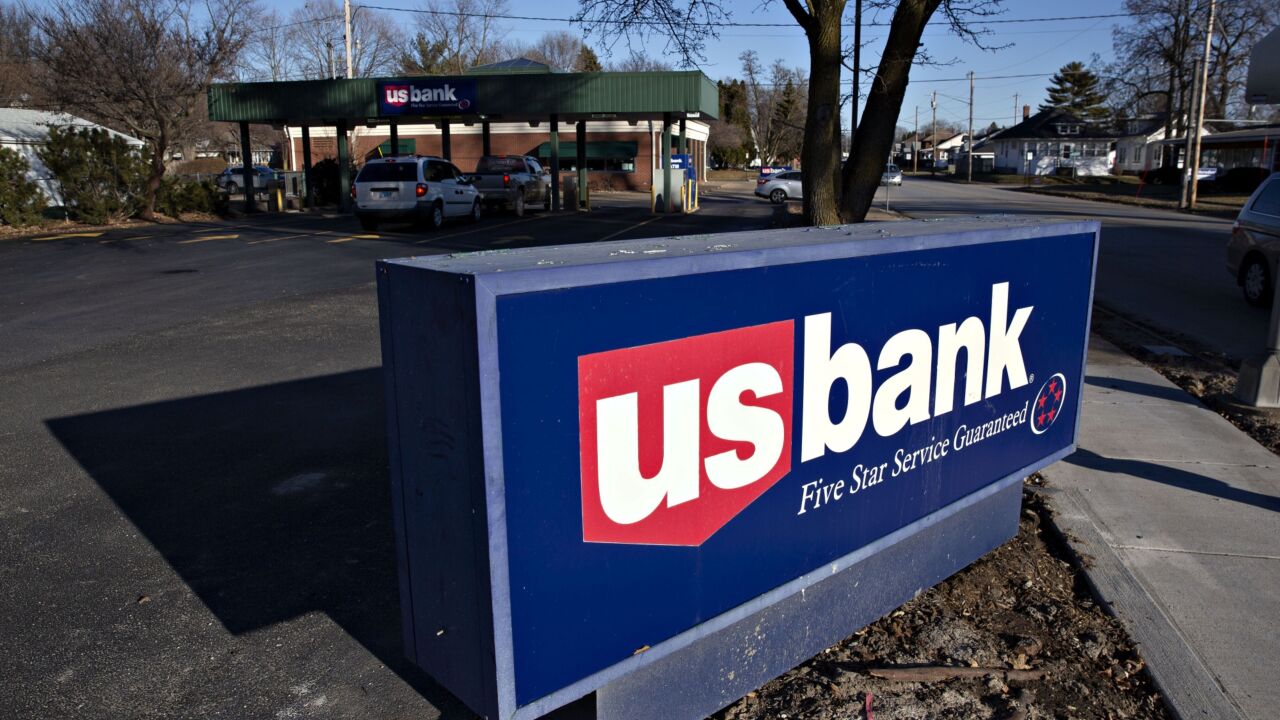Fraud
About 90% of surveyed bankers said cybersecurity was their biggest worry, ahead of legacy tech and talent shortage issues.
-
Threat intelligence has become a viable option for banks looking to gain insights about fraudsters communicating on Telegram with other criminals.
June 8 -
A study from Surfshark found that crypto scams cost their victims about five times as much money as losses from other cybercrimes.
June 7
-
Borrowers from certain nonbank lenders that have been identified as magnets for Paycheck Protection Program scams also committed check fraud at elevated rates, according to a new data analysis. Banks could use that kind of data from the pandemic-era government program to spot bad actors.
May 17 -
Billions were lost to fraud during PPP. Now, prosecutors are increasing efforts to recoup taxpayer money, leaving lenders worried they could be put under the microscope next.
April 12 -
The founder of the defunct fintech that provided online college financial aid services was charged with fraud for inflating the company's customer base ahead of being acquired by JPMorgan.
April 4 -
The group behind the ongoing campaign allegedly has the support of a hosting provider that's complicit in helping spin-up new scam websites.
March 21 -
The Minneapolis company previously disclosed an investigation by the Consumer Financial Protection Bureau in connection with its management of prepaid cards for unemployment benefits during the pandemic. Now the bank says the agency is considering a potential enforcement action.
February 28 - AB - podcast
More than 50 million people are caught up in modern slavery, according to the U.N. Hidden crimes like human trafficking and elder abuse are more common than most people think. Ian Mitchell at The Knoble, who led crime detection at several financial institutions, works with banks to find signs of abuse and help law enforcement to help victims and catch perpetrators, including among Super Bowl crowds.
February 27 -
The Community Bankers Association of Illinois is calling on regulators to issue guidance that would make large financial institutions toughen customer verification and be more cooperative in resolving disputes over falsified checks.
February 9











